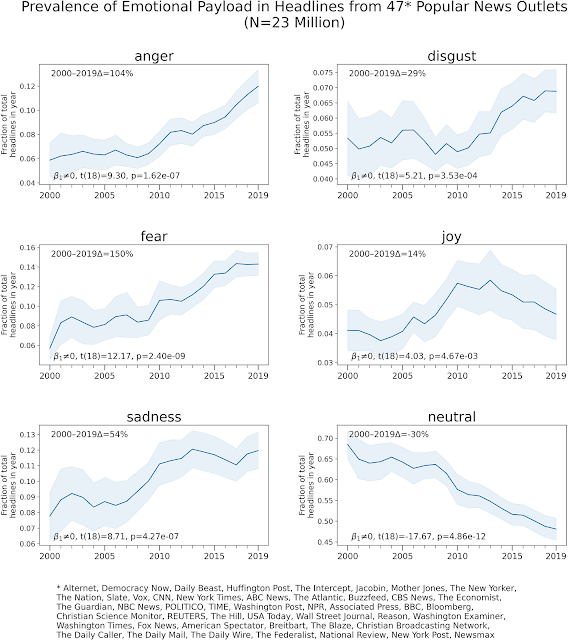Causation vs. Correlation
Almost all economists understand the difference between correlation and causation. The first means that two or more variables follow the same path. The second means that one variable affect the other. The main problem here is how to identify if its causation or just correlation.
Not long ago, The New York Times economic blog (Economix Blog) show a graph with the positive relation between childs’ school results and parents’ income. It was quickly been the object of a lot of criticism. What the graph was showing was a mere correlation and not causation. Greg Mankiw said:
“This graph is a good example of omitted variable bias, a statistical issue discussed in Chapter 2 of my favorite textbook. The key omitted variable here is parents’ IQ. Smart parents make more money and pass those good genes on to their offspring.
Suppose we were to graph average SAT scores by the number of bathrooms a student has in his or her family home. That curve would also likely slope upward. (After all, people with more money buy larger homes with more bathrooms.) But it would be a mistake to conclude that installing an extra toilet raises yours kids’ SAT scores.
It would be interesting to see the above graph reproduced for adopted children only. I bet that the curve would be a lot flatter.”
Bathroom example is quite illustrative. So, it seems that if you win a lottery prize your children won’t get better marks.
But as I said identify causation is very tricky and Mankiw has assumed something not so sure. A book entitled Intelligence and How to Get It: Why Schools and Cultures Count , has relevant information:
“On average, the biological children of high-SES [socioeconomic status] parents had IQs that were 12 points higher than those of low-SES parents, regardless of whether they were raised by high-SES or low-SES parents…
The crucial finding is that children adopted by high-SES parents had IQs that averaged 12 points higher than those adopted by low-SES parents- and this was true whether the biological mothers of the children were of low or high SES.”
So again it seems that the relation is as The New York Times said…
In fact, the most probably thing is that parents’ gens and child environment both affect child result in a complex manner. As Chesterton said in Heretics: “The obvious truth is that the moment any matter has passed through the human mind it is finally and for ever spoilt for all purposes of science.”
You will find a better explanation of this childs’ marks debate on http://www.economistsdoitwithmodels.com/.
Not long ago, The New York Times economic blog (Economix Blog) show a graph with the positive relation between childs’ school results and parents’ income. It was quickly been the object of a lot of criticism. What the graph was showing was a mere correlation and not causation. Greg Mankiw said:
“This graph is a good example of omitted variable bias, a statistical issue discussed in Chapter 2 of my favorite textbook. The key omitted variable here is parents’ IQ. Smart parents make more money and pass those good genes on to their offspring.
Suppose we were to graph average SAT scores by the number of bathrooms a student has in his or her family home. That curve would also likely slope upward. (After all, people with more money buy larger homes with more bathrooms.) But it would be a mistake to conclude that installing an extra toilet raises yours kids’ SAT scores.
It would be interesting to see the above graph reproduced for adopted children only. I bet that the curve would be a lot flatter.”
Bathroom example is quite illustrative. So, it seems that if you win a lottery prize your children won’t get better marks.
But as I said identify causation is very tricky and Mankiw has assumed something not so sure. A book entitled Intelligence and How to Get It: Why Schools and Cultures Count , has relevant information:
“On average, the biological children of high-SES [socioeconomic status] parents had IQs that were 12 points higher than those of low-SES parents, regardless of whether they were raised by high-SES or low-SES parents…
The crucial finding is that children adopted by high-SES parents had IQs that averaged 12 points higher than those adopted by low-SES parents- and this was true whether the biological mothers of the children were of low or high SES.”
So again it seems that the relation is as The New York Times said…
In fact, the most probably thing is that parents’ gens and child environment both affect child result in a complex manner. As Chesterton said in Heretics: “The obvious truth is that the moment any matter has passed through the human mind it is finally and for ever spoilt for all purposes of science.”
You will find a better explanation of this childs’ marks debate on http://www.economistsdoitwithmodels.com/.


Comments